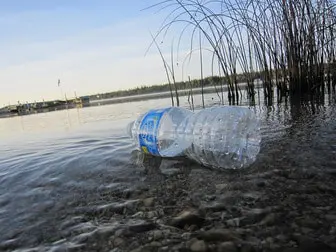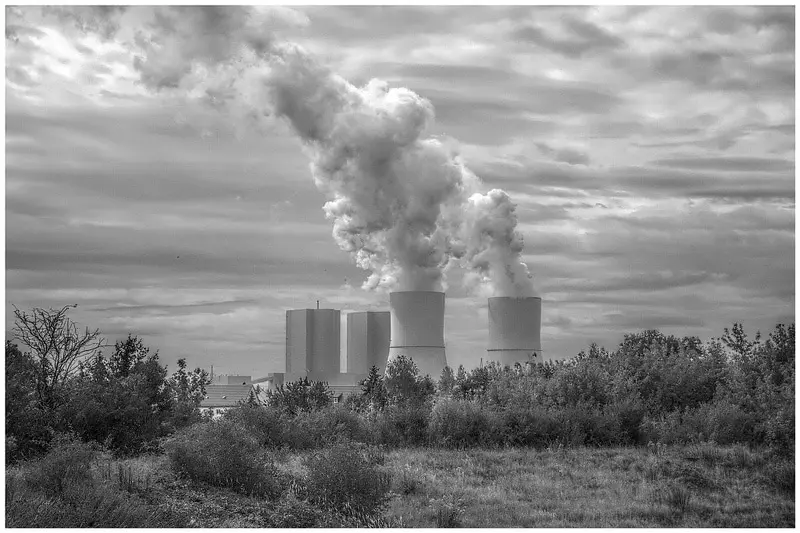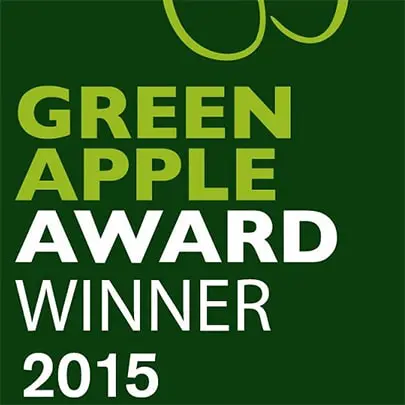Circular Ecology is presenting at an event on Cutting Carbon in Rail Infrastructure on 21 September 2016 in London. The event will introduce the Rail Carbon Tool, which helps users measure and reduce the carbon footprint of rail infrastructure projects. The tool draws on data from the Inventory of Carbon and Energy. The UK was […]
Category Archives: Carbon Footprint
Guest blog by Kurt Rhyner, EcoSur Network It is the goal of most aid projects and the dream of donors. Is it possible to change a situation when immediate action is needed? Some 40 years of hands-on management in post-disaster situations in poor countries have taught me that it is possible to induce steps towards […]
The referendum on the UK’s membership of the EU sent shock waves around the world. The decision to leave the EU has strong implications, but these implications are yet to be understood. It could impact the economy, society and of course, the environment. In regards to the environment, we can at least ask – what […]
The UK government has released the 2016 conversion factors for calculating your greenhouse gas emissions. They are co-produced by the environment department, Defra. The factors cover emissions from key activities, including the use of energy, water, transport and materials, as well as the production of waste. Read on to find a summary from Circular Ecology’s […]
If all the plastic we consumed was recycled, we would soon be able to reduce our heavy dependency on fossil fuels. Could it therefore be, that when we examine the global view of the largest waste management companies, there is simply not enough emphasis placed on plastic recycling? The answer to these two questions, according […]
Many businesses are now working hard to reduce the impacts of their operations, their services and/or their products. As part of this, every employee has an important role to play. Even if your company isn’t taking action to reduce their environmental impacts, to cut their carbon footprints or to improve their resource efficiency there are […]
The environmental footprint of our clothing is significant. It takes around 2,700 litres of water, for example, to make a single cotton-t-shirt. To help leading brands and retailers improve their sustainability, Circular Ecology and partners are running a third Business Leaders’ workshop on Thursday 5 November at M&S’s London office. Dr Stephen Allen of Circular […]
The long anticipated update to ISO 14001 on environmental management systems has finally been released. It is one of the most widely used and influential environmental management standards with over 300,000 certificates issued worldwide every year. It replaces ISO 14001:2004, which has now been resigned to the archives. So what can we expect from the […]
Blog by Dr Stephen Allen In the UK, we appear to have significantly reduced our impact on the climate since 1990, with our reported annual greenhouse gas emissions falling by 25% (2012). But this isn’t a complete picture of our contribution to climate change, because it ignores the embodied carbon of all the stuff we import. […]
We are delighted to announce Circular Ecology’s role in winning a Green Apple award for the Built Environment. Circular Ecology’s client New Sustainable Building Model Ltd (NSBM) entered the Green Apple Awards and competed against more than 200 other nominations in the Built Environment & Architectural Heritage category for 2015. NSBM are based in Cambridgeshire […]









